
Twisted Leadership
How to Engage the Full Talents of Everyone in Your Organization
Recommendation
In many organizations, leadership has become a snarled-up mess. Prescriptions for improving leadership often rely on outdated common wisdom and the paradigm of layers of centralized autocrats. To overcome this “leadership disease,” say business professors Charles C. Manz and Craig L. Pearce, your company should move beyond conventional tactics and embrace “twisted leadership.” This strategy regards leadership as a “complex social process” that unites “self-leadership, SuperLeadership, shared leadership and socially responsible leadership.” Manz and Pearce advocate flexible managerial assignments and shared power. Although the authors indulge in jargon, their book is reader-friendly. It includes helpful charts, diagrams and illustrations as well as workbook pages at the end of each chapter for writing about the lessons you’ve learned. getAbstract recommends this not-so-twisted approach to executives seeking a fresh look at the issues inherent in leadership.
Summary
About the Authors
Charles C. Manz, PhD, is the Nirenberg Chaired Professor of Leadership at the Isenberg School of Management at the University of Massachusetts. Craig L. Pearce, PhD, is the Ben May Distinguished Professor at the Mitchell College of Business at the University of South Alabama.







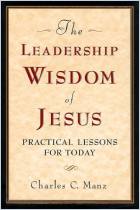

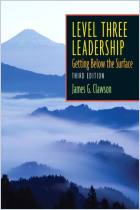
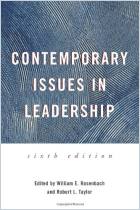
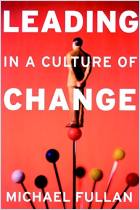
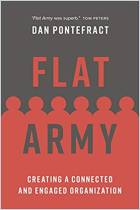
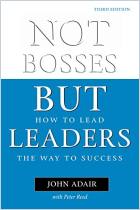


Comment on this summary or Iniciar a Discussão